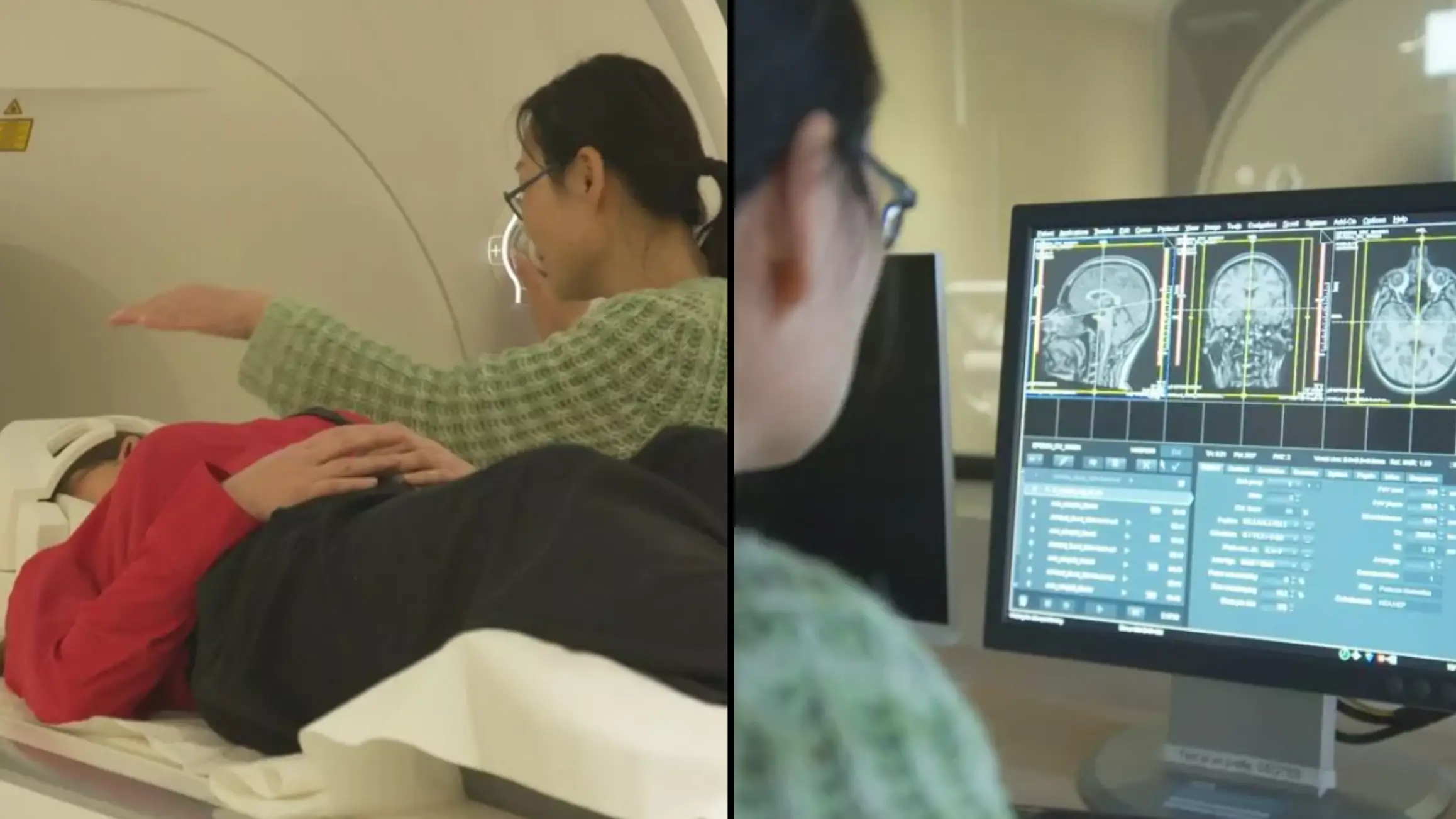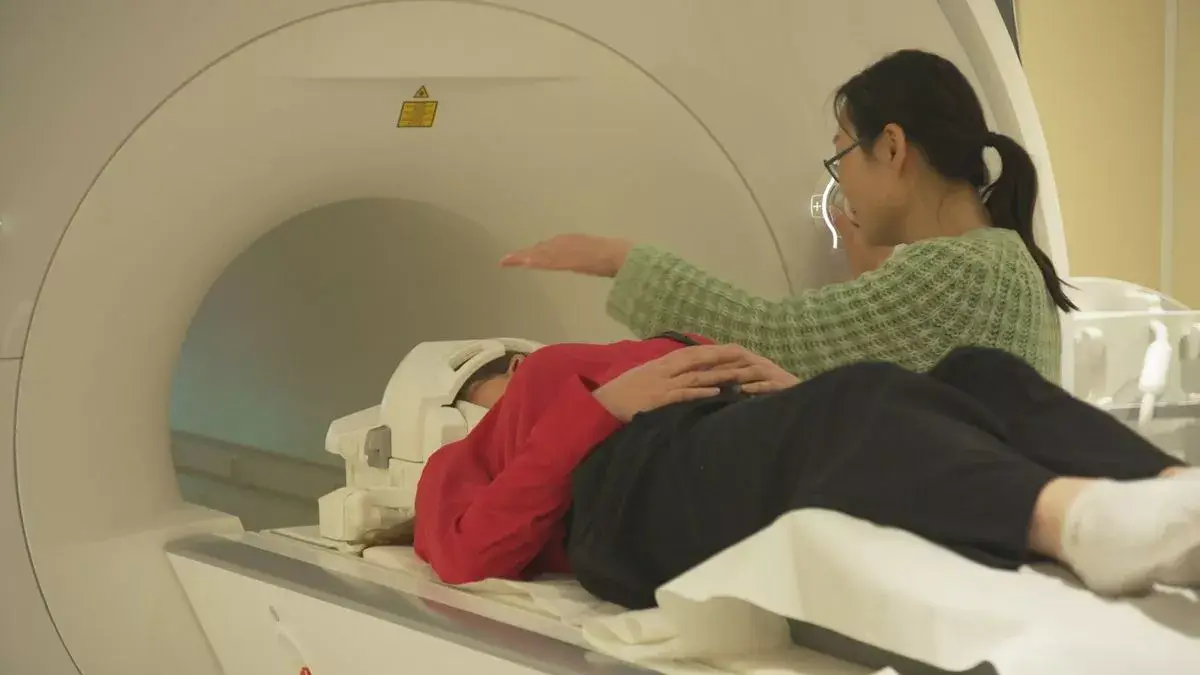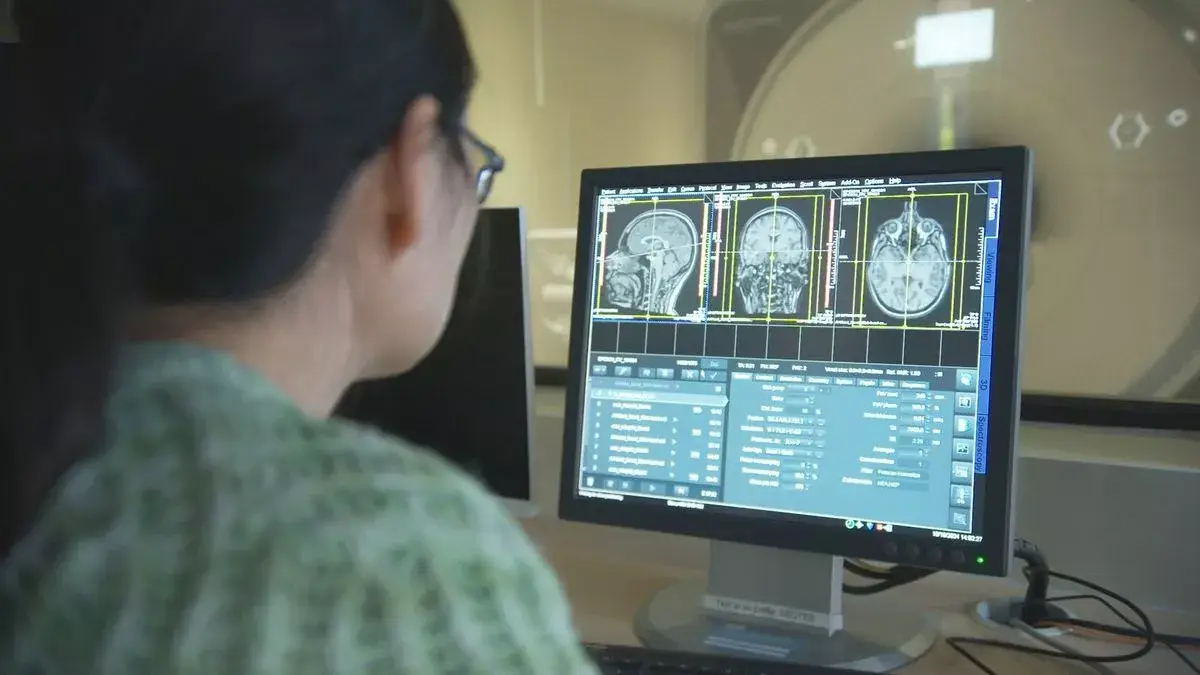
Parents want to provide their children with all the tools they possibly can to prepare them for the big wide world - but as well as giving them valuable life lessons, a lot of people also gift their kids a smartphone.
It's become a rite of passage for youngsters when they hit their teenage years - as well as a stinking attitude and a sh*t load of GCSE prep to deal with, the majority of adolescents in the UK also get their hands on a nice gadget.
But after finding out what effect these devices are having on the brains of our next generation, you might think twice about offering a school kid a smartphone.
Advert
Scientists have warned that teenagers are a lot more susceptible to becoming addicted to their mobile phones as their brains are still developing at this age, and excessive use can completely rewire them.
At this point in their lives, their prefrontal cortex - which boffins explain is essentially the brain's 'control system' - is still evolving, and it becomes too reliant on the instant gratification youngsters get from a scroll on social media.
During an episode of ITV's Tonight programme, experts analysed MRI scans which showed how an adolescent's brain reacts to enjoyable experiences such as flicking through TikTok or Instagram.
Professor of neuroscience and mental health, Ciara McCabe, explained that adults with a fully developed brain know when 'enough is enough', whereas nowadays, youngsters aren't programmed this way.
And as a result, teens are more prone to addictive behaviour as they become accustomed to receiving that regular stimulation from checking in with their online community.
Instead of experiencing the joys in real life, they're seeking a quick fix for that dopamine rush.

"When you use something like a smartphone, if you're on apps that are enjoyable or rewarding, it's going to activate parts of the brain that are involved in reward," McCabe said, according to the Mirror.
"When you're an adult and you're looking at a smartphone, you obviously have your brain's reward system activated, but you also have your prefrontal cortex fully developed and that's like a control system.
"There's evidence to suggest that adolescent brains or teenage brains respond differently and in particular to rewarding experiences than the adult brain.
"This is likely because parts of the prefrontal cortex haven't fully developed yet in younger people and adolescence."
She explained that this puts teenagers more at risk of becoming dependent on social media, as their brains become accustomed to the constant dopamine hit they receive while they are online.
It scrambles their reward system, whereas us lot who had a device-free childhood and now boast a fully developed prefrontal cortex have one which doesn't hinge on the rush you get from a social media scroll.

Other studies have also yielded similar results, with research conducted in the US in 2022 suggesting that the brain of a teenager who is constantly active on their smartphone develops differently.
Experts at the University of North Carolina previously explained that youngsters who checked their online platforms up to 20 times a day became 'hypersensitive' to social feedback from their peers.
This habit was linked to subsequent changes in how their brains responded to the world around them.
The study's co-author and chief science officer for the American Psychological Association, Mitch Prinstein, explained: "Most adolescents begin using technology and social media at one of the most important periods for brain development during our lifetime.
"Our research demonstrates that checking behaviors on social media could have long-standing and important consequences for adolescents’ neural development, which is critical for parents and policy-makers to consider when understanding the benefits and potential harms associated with teen technology use."
Maybe some things are best just left to the grown ups after all.
Topics: Health, ITV, Mental Health, Parenting, Technology, Weird, Science